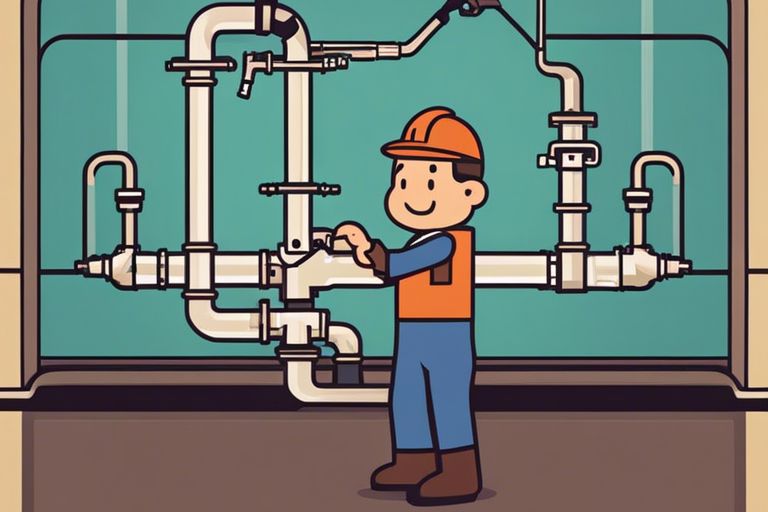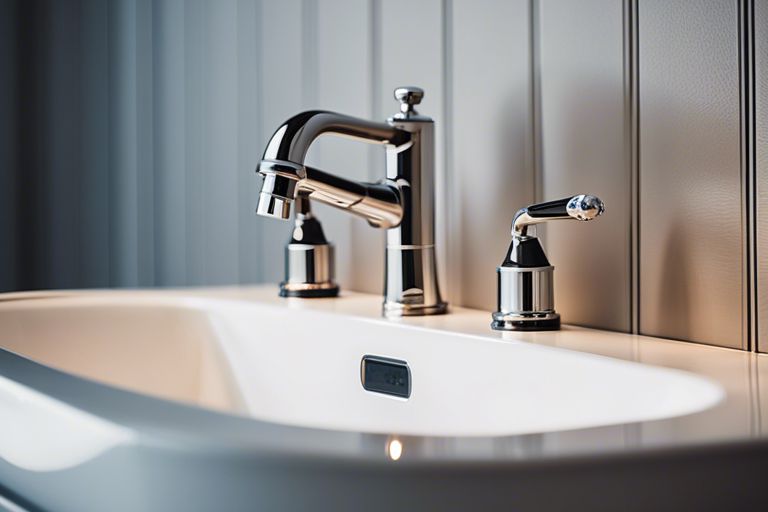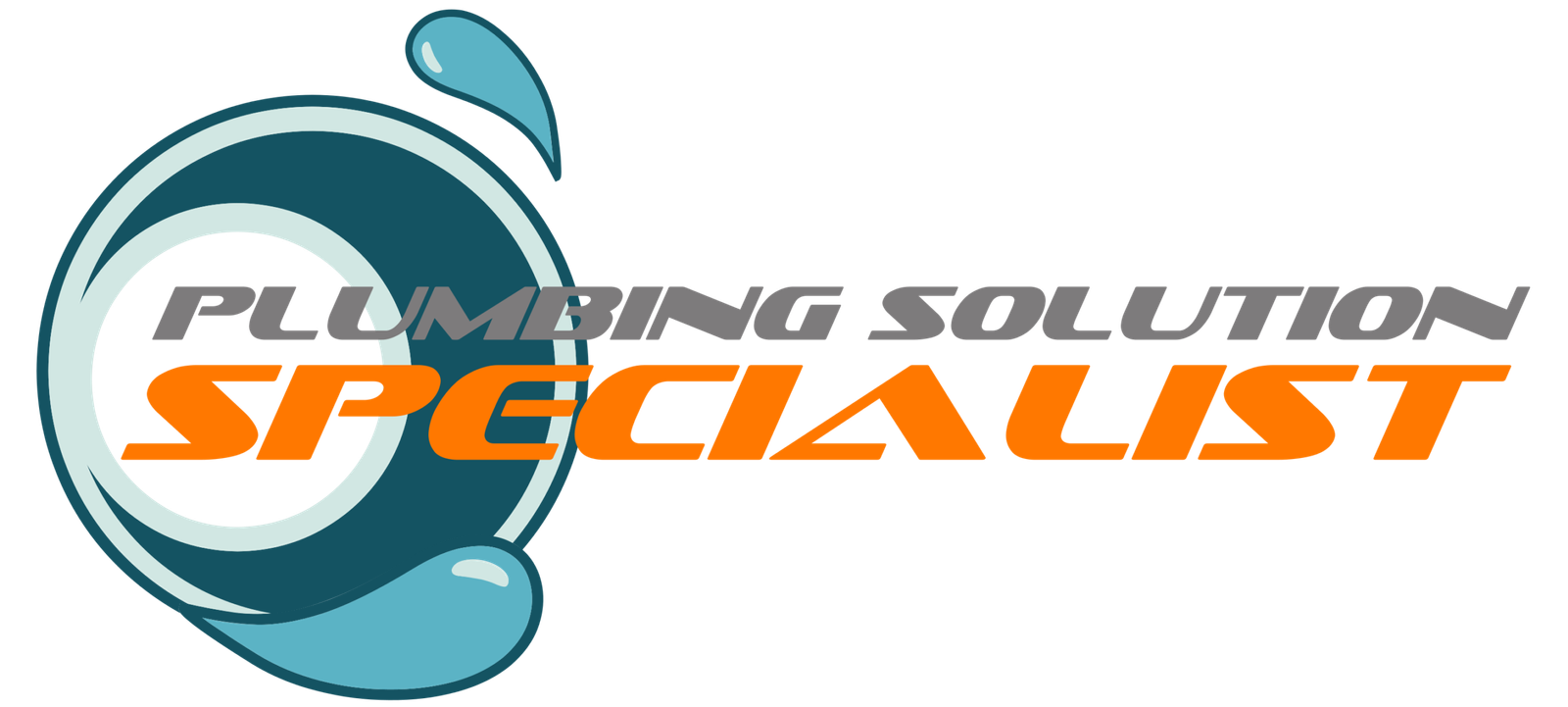Is Regular Maintenance The Key To Avoiding High Repiping Costs In The Future?

There’s no escaping the fact that regular maintenance is crucial when it comes to avoiding high repiping costs in the future. By taking care of your plumbing system and addressing any issues promptly, you can prevent small leaks and corrosion from turning into major problems that require costly repiping. Stay on top of your home’s plumbing health, and you’ll save yourself from the headache and expense of unexpected repairs down the line. Key Takeaways: Regular maintenance is crucial: Consistent upkeep of your plumbing system can prevent major issues that may lead to high repiping costs in the future. Early detection of problems: Routine checks can help identify potential issues early on, allowing for timely repairs and avoidance of extensive damage. Prolonging the lifespan of your pipes: By taking care of your plumbing system through regular maintenance, you can extend the lifespan of your pipes and delay the need for costly repiping. The Consequences of Neglecting Regular Maintenance Increased Risk of Pipe Failure Pipe neglect can lead to a higher risk of pipe failure in your home. When pipes are not properly maintained, they can develop issues such as corrosion, leaks, and clogs. Over time, these problems can escalate into major pipe failures, causing extensive damage to your property and requiring costly repiping. Water Damage and Mold Growth Damage from neglected pipes can result in water leaks that go unnoticed for a long time. This prolonged exposure to moisture can lead to water damage within your walls, floors, and ceilings. Additionally, stagnant water provides the perfect breeding ground for mold growth, which not only damages your property but also poses serious health risks to you and your family. Neglecting regular maintenance of your pipes can result in significant water damage and mold growth in your home, leading to expensive repairs and potential health hazards. Higher Energy Bills and Water Waste Regular maintenance of your pipes ensures that they are functioning efficiently. Neglected pipes are more likely to develop leaks or blockages, causing your water system to work harder to function properly. This increased strain on your system can result in higher energy bills and water waste. This means that by neglecting the regular maintenance of your pipes, you could be unknowingly increasing your energy bills and wasting valuable resources. Identifying Early Warning Signs of Repiping Needs There’s a saying that prevention is better than cure, and when it comes to your home’s plumbing, that couldn’t be more true. By identifying early warning signs of repiping needs, you can avoid costly repairs and inconvenience down the road. Here are some key indicators that it may be time to consider repiping your home: Low Water Pressure Repiping may be necessary if you’ve noticed a significant decrease in water pressure throughout your home. This could indicate a buildup of sediment or mineral deposits in your pipes, restricting the flow of water. Addressing this issue early on can help prevent further damage and the need for extensive repiping in the future. Discolored or Corroded Water Corroded or discolored water coming out of your faucets is a clear sign that your pipes are deteriorating. This could be due to rust or other contaminants leaching into your water supply. Signs of corrosion or discoloration should not be ignored, as they can lead to leaks and potentially harmful water quality issues. It’s important to address any discoloration or corrosion in your water as soon as possible. Not only is it unappealing to have rust-colored water coming out of your faucets, but it could also indicate serious damage to your pipes that may require immediate attention. Frequent Leaks and Water Spots For a persistent problem with leaks and water spots in your home, it’s crucial to investigate the source. These issues could be indicative of deteriorating pipes that are prone to bursting or leaking. By addressing the root cause of these leaks early on, you can prevent more extensive damage and costly repairs in the future. Discolored or warped areas on your walls or ceilings could be a sign of hidden water leaks within your pipes. These leaks not only indicate pipe degradation but can also lead to mold growth and structural damage if left untreated. Taking action at the first sign of leaks can save you from more significant problems down the line. The Benefits of Regular Maintenance Once again, investing in regular maintenance for your home’s plumbing can provide several key benefits that can help you avoid high repiping costs in the future. Extended Pipe Lifespan Benefits: One of the primary advantages of regular maintenance is the extended lifespan it can offer to your pipes. By scheduling routine inspections and upkeep, you can catch potential issues early before they develop into major problems that require extensive repairs or even complete repiping. Reduced Risk of Emergency Repairs One: Regular maintenance can also significantly reduce the risk of unexpected and costly emergency repairs. When your plumbing system is properly maintained, the chances of sudden pipe bursts or leaks are minimized, saving you from the stress and expense of dealing with urgent issues. Extended: Furthermore, by addressing minor concerns during regular maintenance visits, you can prevent them from escalating into larger, more complicated problems that may necessitate emergency repairs. This proactive approach not only safeguards your home against plumbing disasters but also helps you maintain peace of mind knowing that your system is in good working condition. Cost Savings and Energy Efficiency On: In addition to avoiding high repiping costs, regular maintenance can also lead to significant cost savings and improved energy efficiency in your home. By ensuring that your plumbing system is functioning optimally, you can prevent water wastage due to leaks or inefficient fixtures, ultimately lowering your utility bills. Understanding the importance of regular maintenance for your home’s plumbing can not only help you steer clear of high repiping costs but also contribute to a more efficient, sustainable, and hassle-free living environment. By staying proactive and attentive to the needs of your plumbing system, you can enjoy
Pro Tips For Maintaining Your Plumbing System After A Service From A Reputable Company

With a reputable plumbing company ensuring your system is in top shape, it’s imperative to maintain it properly to avoid future issues. Following a service from a reputable company, implementing these pro tips can help you keep your plumbing system running smoothly for years to come. Neglecting maintenance can lead to costly repairs, water damage, and health hazards, so stay ahead by following these expert recommendations carefully. Key Takeaways: Regular Inspections: Schedule regular inspections to catch any potential plumbing issues early on and prevent costly repairs. Consistent Maintenance: Follow a maintenance routine such as cleaning drains, checking for leaks, and testing water pressure to keep your plumbing system in top shape. Professional Help: Don’t hesitate to call a reputable plumbing company for any issues or concerns that arise, as professional help can prevent further damage. 1. Regularly check for leaks and water pressure. 2. Use hair traps to prevent clogs in drains. 3. Avoid harsh chemicals that can damage pipes. 4. Insulate pipes to prevent freezing in colder climates. 5. Schedule routine maintenance with your plumbing service provider. 6. Address any issues promptly to prevent further damage. Understanding Your Plumbing System While plumbing systems may seem complex, having a basic understanding of how they work can help you maintain them more effectively. Knowing the key components and common issues can enable you to identify problems early and prevent costly repairs. Components of a Residential Plumbing System On a basic level, a residential plumbing system consists of pipes, fixtures, and appliances that work together to provide water supply and drainage. The main components include pipes (for both supply and drainage), faucets, sinks, toilets, showers, water heaters, and water meters. Understanding how these elements interconnect can help you troubleshoot issues that may arise. Identifying Common Plumbing Issues Identifying common plumbing issues early on can save you from major headaches down the road. Some signs to watch out for include leaks, clogs, low water pressure, running toilets, and strange noises coming from your pipes. Ignoring these issues can lead to water damage, mold growth, and even structural damage to your home. This is why it is crucial to address plumbing problems promptly. Ignoring even minor issues can lead to costly repairs and potential health hazards. By staying alert to the signs of common plumbing problems, you can protect your home and ensure your plumbing system works efficiently. Maintaining Your Plumbing System Post-Service Regular Inspection and Maintenance Schedules Post-service, it is important to establish regular inspection and maintenance schedules for your plumbing system. By routinely checking for leaks, drips, or any signs of water damage, you can catch potential issues early on and prevent costly repairs in the future. Schedule annual professional inspections to ensure everything is functioning correctly and to address any concerns promptly. Best Practices for Drain Care and Usage Any post-service, it’s crucial to follow best practices for drain care and usage. Avoid pouring grease, oil, or coffee grounds down the drain as they can cause clogs and damage pipes over time. Use drain strainers to catch hair and debris, preventing them from accumulating and causing blockages. Additionally, consider using a natural mixture of vinegar and baking soda followed by hot water to help keep drains clear and smelling fresh. Schedules regular maintenance with a professional plumber can help identify any potential issues before they become major problems. Be mindful of, neglecting your plumbing system can lead to water damage, mold growth, and costly repairs. By following these best practices and staying proactive, you can maintain a healthy plumbing system and extend its lifespan. Preventative Measures to Prolong Plumbing Health Keep Top 10 Tips to Reduce Ongoing Plumbing Expenses in mind to ensure the longevity of your plumbing system after a service from a reputable company. By following these preventative measures, you can avoid costly repairs and maintain the health of your plumbing. Water Pressure Regulation Techniques On average, the recommended water pressure for a residential plumbing system is around 60-70 psi. High water pressure can put stress on your pipes, leading to leaks and other damages. To regulate water pressure, consider installing a pressure regulator. This device can help maintain a safe and consistent water pressure throughout your home, protecting your plumbing system from unnecessary strain. The Importance of Water Softeners An crucial aspect of plumbing health is ensuring that your water is not hard. Hard water contains high levels of minerals like calcium and magnesium, which can lead to limescale buildup in your pipes and appliances. Installing a water softener can help combat these issues by preventing limescale buildup, extending the lifespan of your plumbing system and improving the overall efficiency of your appliances. It is crucial to address hard water problems to protect your plumbing system and avoid costly repairs in the future. Consider investing in a water softener to maintain the health of your plumbing and preserve the quality of your water. Dealing with Emergencies and When to Call a Professional To Tips on Keeping Your Plumbing System in Good Condition have a smooth functioning system, it is imperative to know how to handle emergencies and when to seek professional help. By being prepared and informed, you can prevent major damage and costly repairs. Recognizing Plumbing Emergencies When faced with a plumbing emergency, it is crucial to act quickly. Leaking pipes, burst pipes, sewer backups, or no water supply are all considered emergencies. If left unattended, these issues can escalate and cause extensive damage to your property. In such situations, it is best to contact a professional plumber immediately to assess and rectify the problem. Establishing a Relationship with a Reputable Service Provider Dealing with plumbing issues can be stressful, especially during emergencies. It is important to establish a relationship with a reputable plumbing service provider before any problems arise. This ensures that you have a trusted professional to call in times of need. Regular maintenance checks and services can also help prevent emergencies and keep your plumbing system in top condition. Summing up Presently, maintaining
